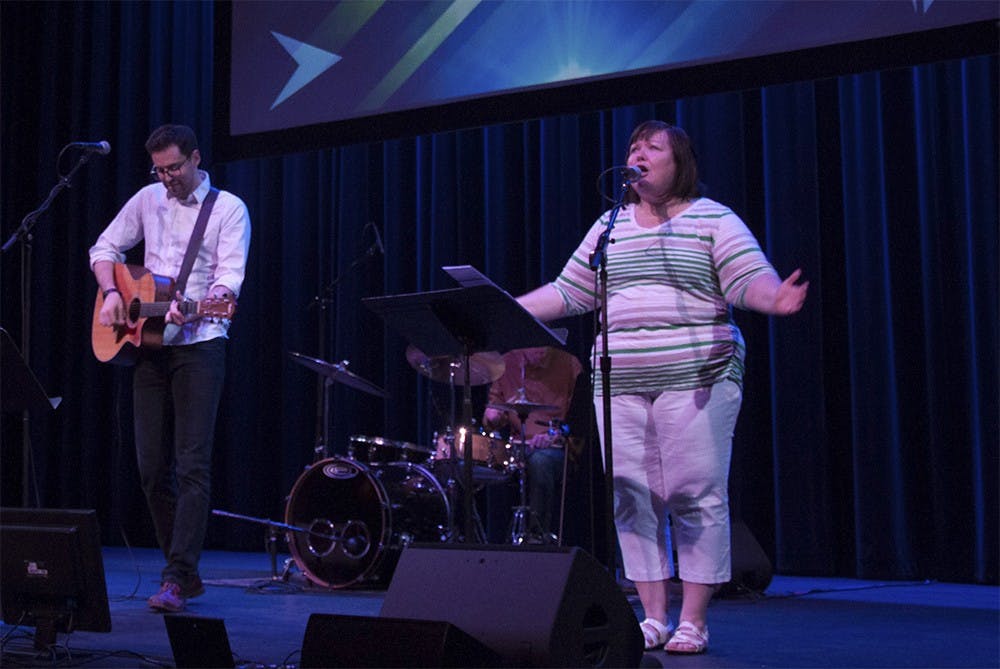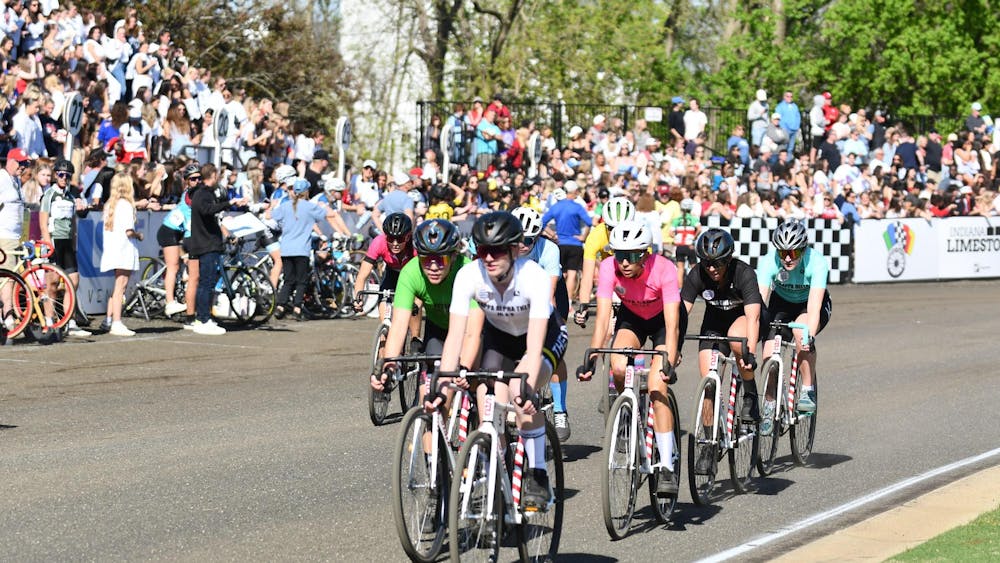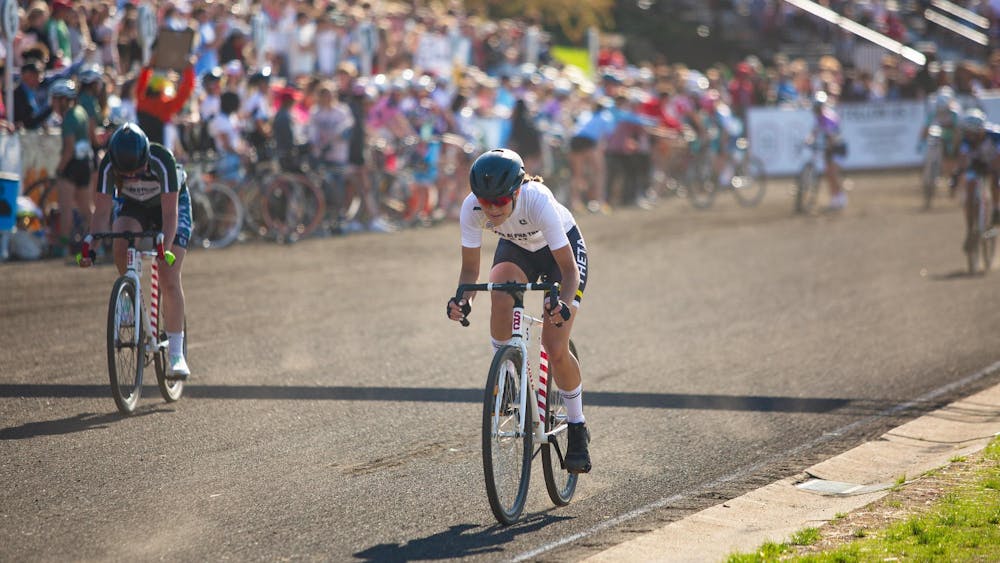Churches are becoming less politically active according to new data from IU researcher Brad Fulton.
The new study took data from 1998-2012 about churches participation in politics, such as handing out voter guides and service-related activity, like volunteering at homeless shelters.
“This is the first time data has been available to look at the trends,” Fulton said. “Before studies would say 80 percent of churches are involved politically, but they had no idea if that was lower or higher from 10 years ago.”
Fulton conducts research on diversity within organizations and said churches are an interesting aspect of this because they are generally homogenous organizations.
When describing the often lack of diversity in churches, Fulton quoted Martin Luther King Jr. who said the most segregated hour in America is Sunday morning at 10 a.m.
This fact, and being apart of church himself, is what Fulton said made him interested in studying political and service activity within Christian churches.
He described different types of ways churches can view theology and scripture. If a church is theologically conservative it gives the bible high authority whereas theologically liberal churches don’t as much.
However, theologically conservative churches can still be politically liberal and theologically liberal churches can still be politically conservative, he said.
One example Fulton gave was First United Methodist, which he identified as theologically conservative, but politically liberal. However, Pastor Mark Fenstermacher of First United Methodist Church identified his church as both theologically and politically more liberal, though they have a diverse congregation.
Fenstermacher said he always goes back to scripture when looking at politics, but to him scripture points to a more inclusive God than many who use the Bible for politics might.
“The question isn’t ‘Do we read the Bible?’ or ‘How much authority do we put on it?’” Fenstermacher said. “It’s about how do we read the Bible”
According to the research, First United should be getting more politically active, but Fenstermacher said he tries to place his church outside of politics. He refuses to pass out voter guides because he said he believes they are heavily influenced by those who write them and aren’t fair.
He also said the church’s place shouldn’t be in politics according to the Bible. He said his service acts and sermons might sound political though.
For example, Fenstermacher said if preaching about immigration he might use scripture to speak about letting in the strangers and needy of the world and that it says nothing about building a wall.
“Some would say that’s clearly a political posture, but I don’t think so I think it’s theological,” Fenstermacher said.
He said his church also participates in many other service-oriented activities that could make them seem political in some way including the food pantry, Interfaith Winter Shelter, refugee resettlements and efforts to cut homelessness.
This is one way Fulton also sees churches being political. He said often churches are focused on meeting the immediate physical needs of people, but that this doesn’t always help in the long term.
Instead, he said churches need to look at structural issues that often cause the immediate needs of people if they truly desire to address social needs. This often turns political.
“This doesn’t mean a church endorses a political candidate,” Fulton said. “But it’s how they are cognizant of the political process and how polices are shaped. It’s looking at which policies are creating social inequalities and which ones are promoting social equality.”
From his research, Fulton found conservative churches are becoming less political and liberal churches are becoming more political.
He said he believes this is because religion hasn’t been a hot topic in the past three elections with John McCain, Mitt Romney or current GOP frontrunner Donald Trump.
Issues such as abortion and LGBT rights haven’t been as profound as in the 1980s and 1990s and there isn’t a current open Christian who is at the front of the GOP movement, Fulton said.
“I would argue that there will probably be a lower voter turnout amongst conservative Christians because it’s not a front and center topic within this election cycle,” Fulton said. “There is no leader galvanizing the core of conservative Christians.”
Fenstermacher said he doesn’t think it’s just that they have no leader, but conservatives are finding out it isn’t an effective campaign strategy.
He said it is good to see politicians step away from claiming Christianity because it is a heavy burden to bear and many politicians who claim Christianity do not show it in their actions. Fenstermacher said he believes this has caused enormous damage to the faith.
Instead, he said they should lead with their actions if they are going to claim Christianity than their words.
“In my services sometimes people tell me I’m being too political,” Fenstermacher said. “But you know I don’t think they’ve read the bible if they think I’m being political. Call the home office, it’s in the book.”






